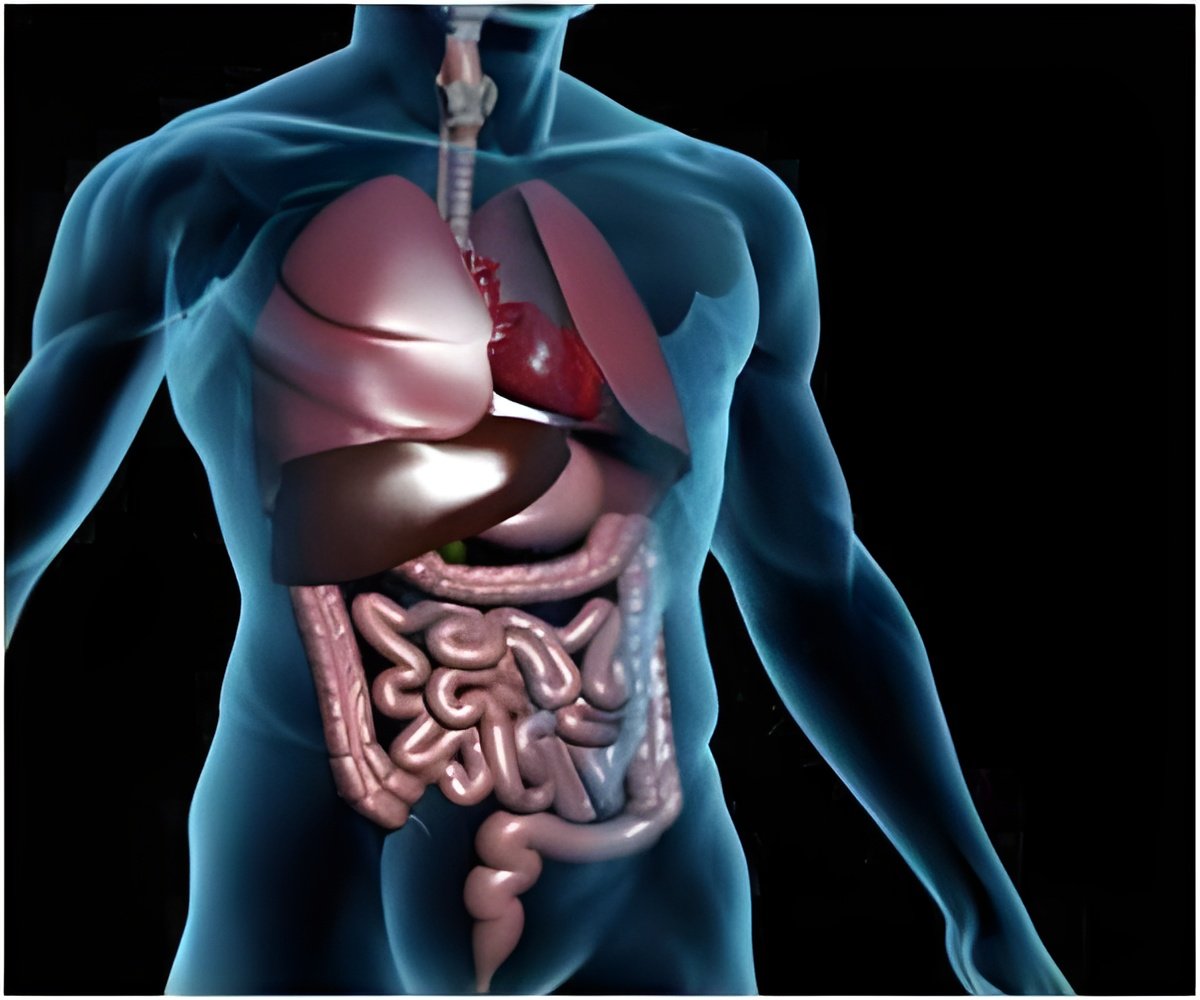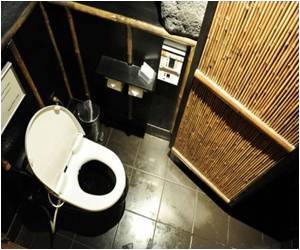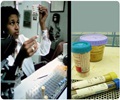The group of researchers in UK have found a novel method using the stool samples of patients for distinguishing different types of bowel diseases.

The preliminary results of the test, which have been published today, 28 March, in IOP Publishing's Journal of Breath Research, show that patients with either inflammatory bowel disease (IBD) or irritable bowel syndrome (IBS) could be distinguished from each other with an overall accuracy of 76 per cent.
This was based on the volatile organic compounds (VOCs) emitted from their stool samples, which act as a proxy for conditions in the gastrointestinal tract and provide a unique profile, or fingerprint, for the different bowel diseases.
Both IBD and IBS present similar symptoms to each other and other bowel conditions such as colon cancer, making any definitive diagnosis very difficult. IBD—an inflammatory autoimmune disease caused by a response of the immune system to microbes in the gut—is usually diagnosed through endoscopic and histological testing, which are both invasive and costly and come with associated risks to the patient.
IBS—a functional disorder of the digestive tract with no known cause—is often diagnosed by exclusion, ruling out more serious bowel diseases.
The researchers of the study, from the University of the West of England, Bristol Royal Infirmary and the University of Liverpool, overcame these diagnostic problems by building a system that combined a gas chromatograph coupled to a metal oxide sensor with pattern recognition software.
Advertisement
In the researchers' study, 182 stool samples were collected from patients with IBD and IBS between October 2010 and October 2011 and stored at freezing temperatures. Control samples were also collected from healthy patients.
Advertisement
The method was able to distinguish IBD from IBS with an accuracy of 76 per cent.
Co-author of the study Sophie Shepherd, from the University of the West England, said: "Our work has demonstrated that a low-cost device based on VOC analysis could be used to potentially diagnose, and differentiate, IBS and IBD at the point of care.
"We will continue to study faecal volatiles as a way of detecting IBS, IBD and other gastrointestinal conditions and continue to develop our techniques further. If we're able to produce results that exceed current commercial methods, then our technique could be added to the growing number of medical tests that use VOC analysis as a diagnostic tool."
Source-Eurekalert










